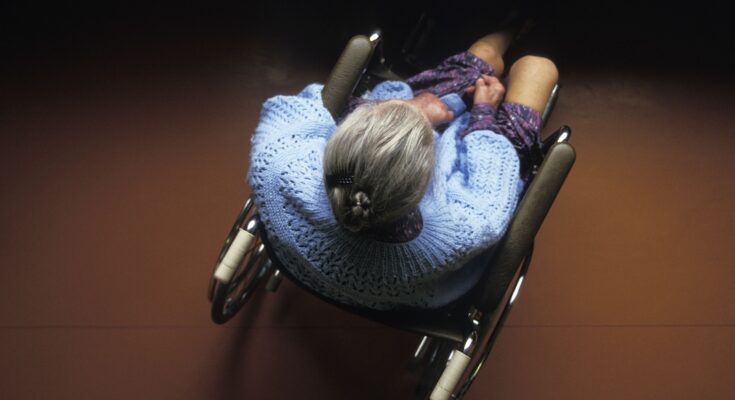In recent weeks, many nursing homes have had to deal with new reimbursement requests submitted by family members of Alzheimer’s patients. Families stopped paying fees and asked for a refund of funds paid so far because some penalties had shifted all aid-related costs to the national health service. Pending clarification of regulations requested from the government by trade associations, health homes themselves will be responsible for missed collections.
This is a hugely underestimated problem, and risks damaging the national health care budget as well as the budgets of entire states.
Housing costs for seniors, also called RSA, consist of two items: health costs and social or hotel costs, namely the amount paid for room, food and laundry. The national health service always covers health costs, while hotel costs are borne by the family. Only if a family proves that they do not have enough money can they receive financial assistance from the city through social services.
The first ruling calling this system into question came in 2023 from the Court of Cassation. The judges have determined that in the case of Alzheimer’s disease or other dementia-related diseases, health and social costs are “indivisible”, that is, they cannot be separated, and therefore must be borne entirely by the State. The decision did not automatically change the law, but since then many families have applied to the court to avoid paying fees, and most judges agreed, citing the Supreme Court’s first decision.
The average daily costs borne by a family are around 70 euros. Considering that in Italy there are around 300 thousand people accommodated in health care homes, applying the principles supported by the Court of Cassation, the State would have to bear costs of around 21 million euros per day, almost 7.7 billion euros per year, equivalent to around 15 percent of the entire national health fund.
Since the end of June in Lombardy alone, around 300 people have requested a deferral of fee payments. “But the numbers are growing every day in all regions of Italy,” said Luca Degani, president of Uneba Lombardia, a national union of social assistance institutions and initiatives. “In many cases, just one guest dropping out of the bill is enough to throw health care housing budgets into crisis, and they are often managed by nonprofit organizations.”
The government has provided 100 million euros in the budget law for help for people suffering from Alzheimer’s: this is a way to at least temporarily support the health service, but it does not solve a problem that is expected to increase over time. These associations have urged the government to intervene with a provision called “authentic interpretation”, namely a new law that explicitly clarifies the meaning of the previous law (of course the interpretation chosen is one that is favorable to the government).
In recent months, several cases have been reported where healthcare homes are no longer accepting new patients for fear of having to cover the full cost. This is a serious loss for the family, considering that previously it was not easy to get a place. Some health care homes have appealed, but due to civil justice deadlines, the matter may be discussed for a long time.
– Read also: Do you want to know if you will get Alzheimer’s?



